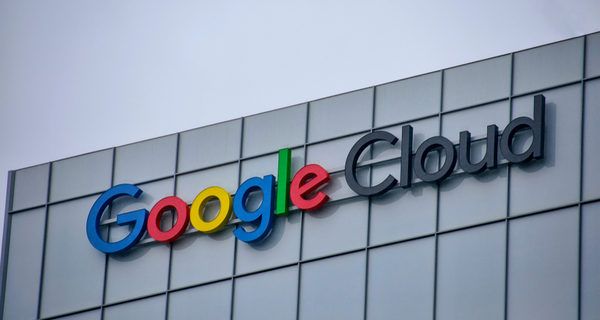Google Cloud’s 2025 AI Trends: The Evolution of Search, CX, and Security

Google Cloud has released its “AI Business Trends 2025” report with predictions for how AI will shape business in the coming year. The company has identified five key areas where enterprise AI will shine: multimodal AI, AI agents, assistive search, AI-powered customer experience, and AI-enhanced security.
Multimodal AI models can process information from text, images, audio, and video, much like our human brains. Google Cloud says this can allow for more intuitive interactions and improve the accuracy of AI outputs. Google Cloud predicts 2025 will be a pivotal year for enterprise AI adoption, driven largely by multimodal learning and the contextual awareness it enables, while anticipating a $2.4B global multimodal AI market size for the year.
The report notes that multimodal AI models require substantial amounts of data to be trained effectively, but that businesses can navigate this challenge by prioritizing AI models known for their high-quality and long context, capabilities, and those explicitly designed for large scale production deployments.
AI applications have evolved from chatbots into sophisticated AI agents capable of handling complex workflows, the report says. They will help to streamline internal processes, provide support across channels, and enhance design and production skills, the company predicts.
“We expect retailers will focus on implementing creative agents that can provide assistance to marketing teams, such as generating customer-centric marketing campaigns, copy, and product descriptions, and curating bespoke images and creative content for campaigns and editorial placements,” Paul Tepfenhart, director of global retail strategy & solutions at Google Cloud, noted in the report.
The next trend is assistive search. Instead of using keywords to power enterprise search, newer AI-powered systems will allow searching internal data with images, audio, video, and conversational prompts.
Google cloud says this profound shift will be driven by the growing accessibility of generative AI and the rapid evolution of multimodal search capabilities, which enable users to seek information in a way that mirrors how they naturally experience the world. The report found that AI search technology in the form of site search, product search, and customer support self-service search is already improving conversion and optimizing product data catalogs, as it offers faster data access, more advanced and intuitive searches, and deeper insights.
“We expect to see greater adoption of intuitive, contextual search that understands medical terminology, complex vocabulary, and abbreviations, helping relieve administrative burden for medical professionals while improving patient education and research,” said Aashima Gupta, global director, healthcare strategy & solutions, Google Cloud.
The fourth trend explored is AI-powered customer experience technology. These solutions will anticipate customer needs and foster connection between businesses and their customers, Google Cloud says. Personalized recommendations and search that understands customer intent will create personalized customer support in multiple shopping channels.
Even industries like manufacturing will use AI to improve production and customer service: “We anticipate a shift from the traditional stock-and-sell sales model to a complex make-to-order sales model. To fuel the shift, manufacturers need to have a robust, real-time view of their operations, unify their IT and OT data, and optimize product design, production, marketing, and customer service,” said Praveen Rao, global director, head of manufacturing industry, Google Cloud.
The report’s final trend is AI-enhanced security features. Google Cloud says AI will help bolster defenses, identify and combat threats, automate manual security tasks and accelerate response times in 2025. The company predicts financial institutions will use AI to detect counterfeit documents, manufacturers will use it to keep data safe and identify potential risks, and the media and entertainment industry will use AI to combat deepfakes and misinformation.
To obtain and read the full report, visit this link.













